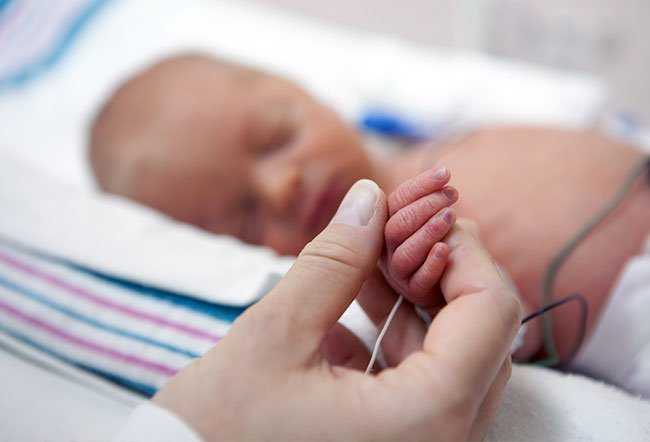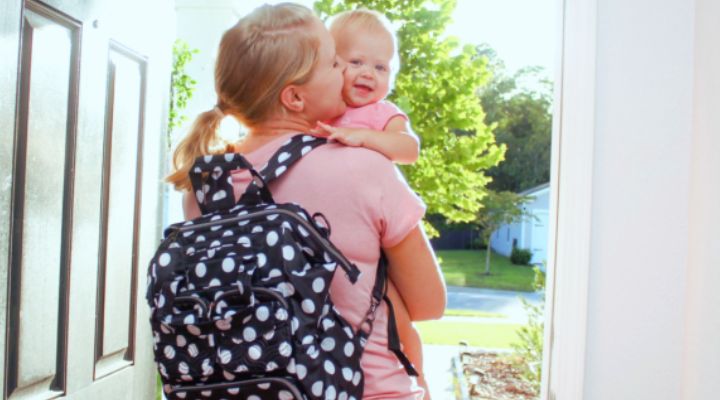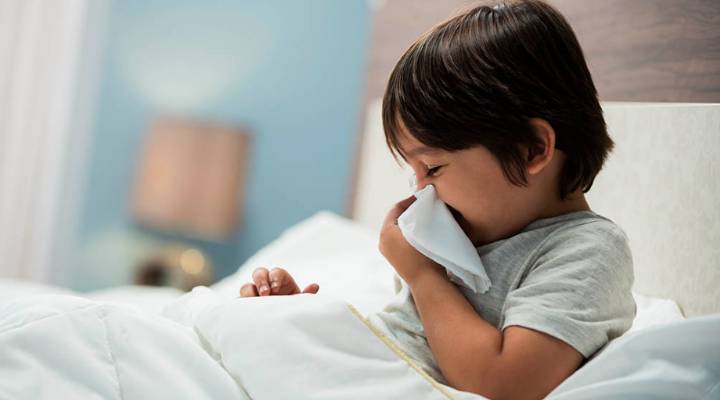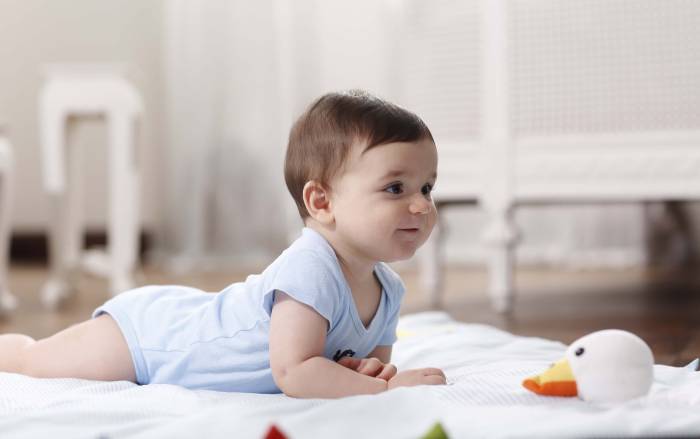Care for premature baby- What new moms need to know

Having your baby be delivered prematurely is one of the most important yet less discussed topics among pregnant mothers, parents and doctors. As per WHO’s findings on preterm births published in 2018, more than 60% of all the world’s premature deliveries occur in Africa and South Asia, with India registering about 35 Lakh preterm deliveries, the highest than other country in the world.
So, during this Premature Awareness Month on this day let’s discuss some of the precautions care, if you have or are expecting to have Premature Delivery.
Assses if he/she is fit for discharge from the hospital
All babies born prematurely undergo several medical checkups. Some of the criteria on the basis of which doctors decide whether to discharge a preemie are as follows:
- Can the baby latch on and feed itself when the food is delivered through a bottle or directly through the breast, without any helping equipment? Premature babies initially struggle to coordinate sucking and swallowing until about 32 to 34 Weeks. Initially the food is delivered in the form of a kind of IV fluid known as total parenteral nutrition (TPN), and subsequently through a feeding tube, until they are mature enough to feed themselves through a bottle or a breast.
- Is the baby able to sustainably breathe without Oxygen? The baby must not show apnea wherein the baby stops breathing for 20 seconds or more. Other breathing problems like bronchopulmonary dysplasia (BPD) should also be taken into consideration.
- Can the baby sustain and gain weight at a steady rate?
If the baby meets these criteria, it is ready to be discharged and taken to home.
Choose the Right Pediatrician
One of the key things to consider is how many such preemies the doctor has seen who were born at the gestational age of your baby? Many preemies require specialists, for their conditions such as gastroenterologists, pulmonologists, immunologists, ophthalmologists, etc. So, make sure that the pediatrician you hire has relevant expertise.
Home Care
Temperature Regulation
Preemies are initially placed in incubators. The entire arrangement is designed to keep them warm. Babies are believed to be able to sustain their own body temperature, once they weigh around 1.8 Kgs.
Sleeping Position
The sleeping position of the premature baby is as crucial to its health among all factors. Sudden Infant Death Syndrome (SIDS) is every parent’s worst nightmare coming to reality. Thankfully, this risk can be exponentially reduced close to zero, through a few preventions such as letting your baby sleep on its back until it is at least of 12 months. The most common stigma that parents have against their babies sleeping on their backs is the “flat head syndrome”. It is often believed that by lying on their backs too much the babies may develop a flat spot on the back of their head. But it can be easily resolved by letting the baby lie on its stomach only under supervision.
Bathing
Premature babies have very soft and tender skin, thus, they do not require to be bathed every day as they are susceptible to getting dry skin. When to start and how often to bathe them primarily depends upon their gestational age at the time of their birth. For the beginning few months, use just clean plain water with soft cotton wool to wash the baby’s body. Don’t overheat the water temperature, keep the temperature moderate. Also, it is imperative to warm the baby after its bath as when the baby is wet, it tends to lose heat very rapidly.
Avoid Public/Outdoor Contact
Babies are prone to catching infections as their immunity is still developing. Thus, it is best to avoid public/outdoor contact with the baby barring the visits from doctors and babysitters. Ensure that whoever comes in contact with the baby observes due hygiene measures.
Kangaroo Mother Care
This is a useful preterm infant’s care method. It involves the preemie being carried by and in direct skin-to-skin contact with the mother. Research has shown Kangaroo Mother Care enhances parent-child bonding, instigates breastfeeding, and improves the preemie’s overall health.
Get Emergency Medical Training
The parents should know some emergency medical techniques such as giving cardiopulmonary resuscitation. Know the nearest Hospital Emergency and the fastest route to get there from your home. Have the contact number of the ambulance, doctor and your immediate family saved on speed dial. If the preemies are using special equipment such as Oxygen Tank or Apnea Monitor, the parents should know them how to use them.
Keep an eye out for the baby’s actions
Keeping track of your baby’s actions and behaviour is the best way to know how they are at the moment. Take notice of their eating and sleeping behaviour and pattern to asses if they are feeling discomfort in any form.
Having a life, nowhere bigger than the palm of your hands, for which now you are responsible, is a very humbling experience unmatched by anything else. Even with all the modern techniques and technologies available, in the end, it is the connection between the child and its parents that leads to a a healthy child.







